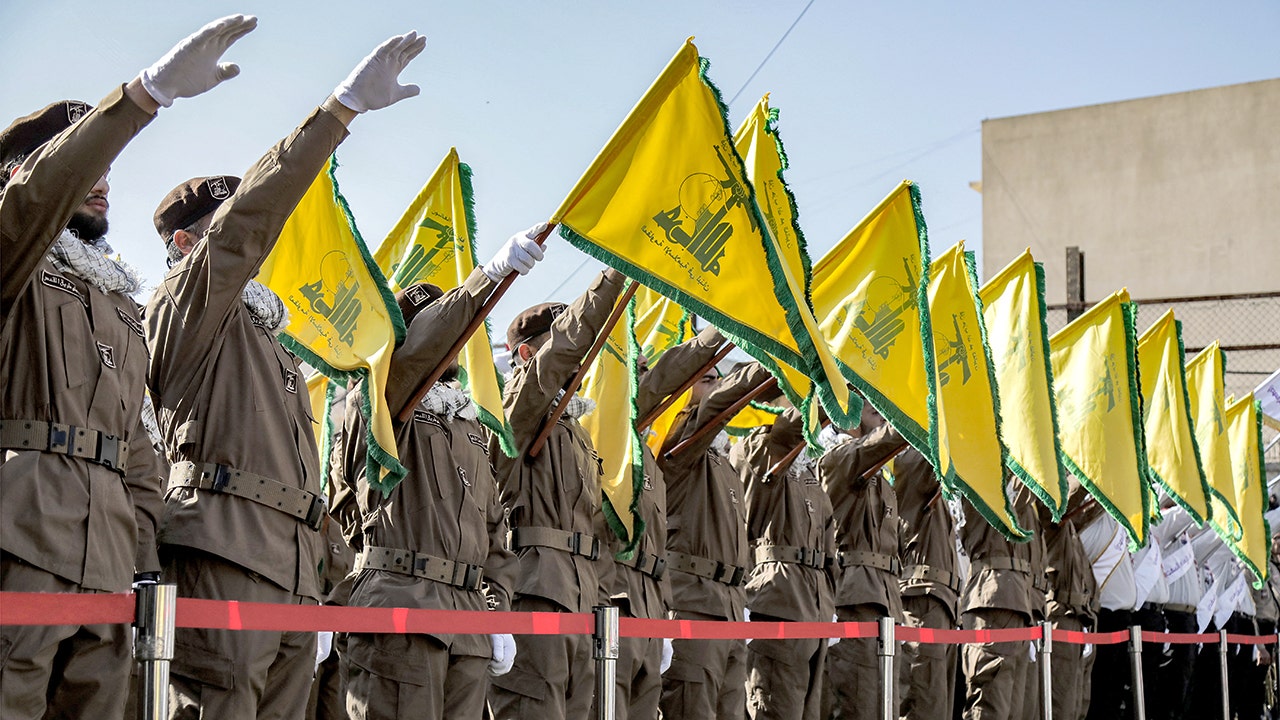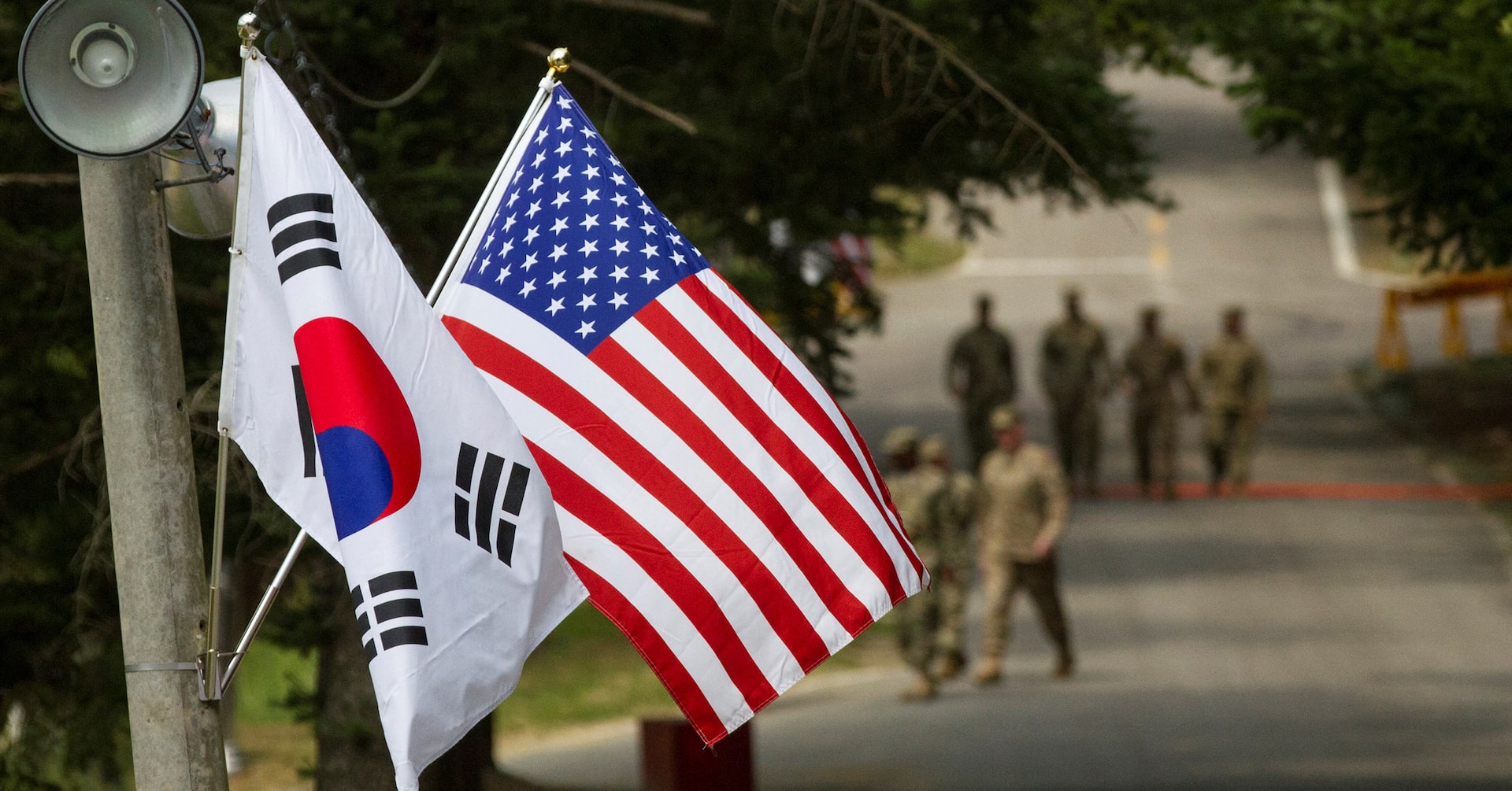News
AP faces social media backlash for Hezbollah pager attack survivor story

AP Faces Intellectual Backlash Over Hezbollah Survivor Story
What’s Happening?
The Associated Press (AP) has come under fire for a story highlighting the humanitarian consequences of an Israeli pager attack on Hezbollah members, sparking a wave of criticism from right-wing politicians and social media users.
Where Is It Happening?
The controversy is playing out across social media platforms, particularly X (formerly Twitter), with criticism originating from conservative and pro-Israeli commentators. The AP investigation itself focuses on incidents in Lebanon and Israel.
When Did It Take Place?
The AP story was published on Wednesday, drawing immediate backlash. The pager attack occurred in September, targeting over 3,000 Hezbollah members.
How Is It Unfolding?
– Critics argue the AP humanized Hezbollah members, who they consider terrorists.
– Republican politicians and commentators accused the AP of bias, with some calling for the agency to retract the story.
– Supporters of the story defend it as legitimate journalism, focusing on the humanitarian impact of war.
– Debates over media neutrality and war reporting ethics intensified across social media.
Quick Breakdown
– AP published a story on Hezbollah members injured by an Israeli pager attack.
– The report focused on their struggles rather than their militant activities.
– Critics accused AP of softening the image of Hezbollah, an Iranian-backed group.
– The backlash reflects deeper tensions over media coverage of the Israel-Hezbollah conflict.
Key Takeaways
This controversy highlights the delicate balance between accurate reporting and perceived bias in conflict journalism. While the AP aimed to document the human cost of war, critics view the story as giving undeserved sympathy to a group designated as terrorists. The debate touches on how media should cover adversarial groups in wartime, balancing truth with potential perceptions of partiality. Journalism’s role in war zones often walks this fine line, where too much emphasis on one side can lead to accusations of favoritism, while factual reporting can be misconstrued as taking a stance.
Publishing the struggles of terrorists—regardless of their affiliation—victimizes the innocent and misleads the public.
– Sarah Davis, Middle East Policy Analyst





















